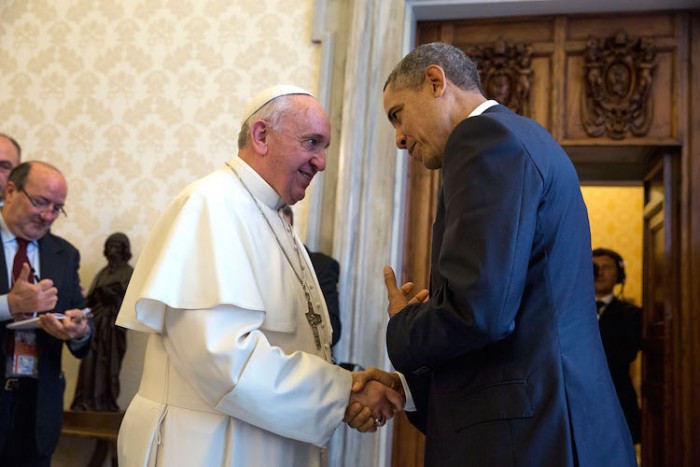Another politician has lied.
Another candidate has disparaged his opponent, and others who embrace differing policies or positions. Another pair of pundits has engaged in a shouting match filled with personal insults.
There’s an epidemic spreading across our country and the world. We have the power to stop it, but we fail to exercise that power. The epidemic rages—we see it on our highways, in sports stadiums, town hall meetings, and in the discourse surrounding America’s midterm elections.
It’s an epidemic of bad behavior—of rudeness, incivility, and even violence.
The word “epidemic” here is no exaggeration. According to research from the University of Florida, rudeness is contagious. It spreads like a cold or the flu—from one person to the next, until it’s everywhere. Not only do people who are subjected to rude treatment subsequently behave rudely, but even those who only witness rudeness succumb to incivility.
The study’s lead author, Trever Foulk, states, “It’s very easy to catch. Just a single incident, even observing a single incident, can cause you to be more rude….Rudeness is contagious—when I experience it, I become rude. Part of the problem is that we are generally tolerant of these behaviors, but they’re actually really harmful.”
We experience rudeness, and it proliferates because we allow it.
Most of us are not the perpetrators of bad behavior, nor are we instigators egging bullies and aggressors on and deriving enormous pleasure from seeing incivility spread.
Most of us are bystanders. We see what’s happening, we wring our hands, we frown—but we do nothing to stop it.
After all, it might be dangerous to confront unkindness. We could be ridiculed, we could be attacked, we could be seen as weak or labeled “losers.”
As long as we refrain from speaking up and stepping in when we see rudeness or bad behavior, we will be part of the problem, and that problem will continue to grow. It’s time for us to own our power and stop standing by silently when we see unkindness. Instead, we must stand up to it.
If we want to advance a kind and respectful culture, we must take a stand for kindness.
There are those who scoff at the word. They equate kindness with weakness, with meekness, with people who are naive and easily manipulated.
Nothing could be further from the truth. Kindness is a strength. It takes courage to be kind. It takes the willingness to speak when others are silent and to extend a hand when others are pulling back. It takes the ability to refrain from responding in kind when attacked or belittled. Only the strongest can do that.
The more of us who model civil behaviors and tell our elected leaders and candidates that we expect the same of them, the more effectively we weaken the epidemic of incivility and start spreading a new contagion—this time of kindness.
The good news on the epidemic front is that, just as rudeness spreads like a virus, so does kindness. Scottish scientist David Hamilton, PhD, asserts that, just as colds and flus are contagious in a bad way, so is kindness in a good way. “When we’re kind,” Hamilton says, “we inspire others to be kind, and it actually creates a ripple effect that spreads outward to our friends’ friends’ friends—to three degrees of separation.”
Whether one extends kindness, receives kindness, or merely witnesses kindness, the result is the same—it acts as a catalyst for more kindness.
So, we have a choice as to what sorts of bugs we will expose ourselves to. We can choose to widen an epidemic of incivility or foster one of respect and compassion. And, in doing so, we convey to others who we want to be and what we value—as individuals and as a nation.
I stand with those who are ready to restore kindness as both a value and a strength.
We need to politely say “no” when a politician speaks disrespectfully to or about an opponent, or when the media, sports fans, or our neighbors engage in name-calling, shaming, or deceit. We need to address the behavior immediately and say, “That’s not acceptable.” And we must say it again—clearly and confidently—if they persist. We also need to commit to communicating civilly on social media and refuse to click on or forward the messages of those who don’t.
Kindness is how we will take back our social and political discourse and counter the contagion of incivility. The more of us who see the power of kindness and claim our power to use it, the sooner we will turn the tide.












Read 1 comment and reply